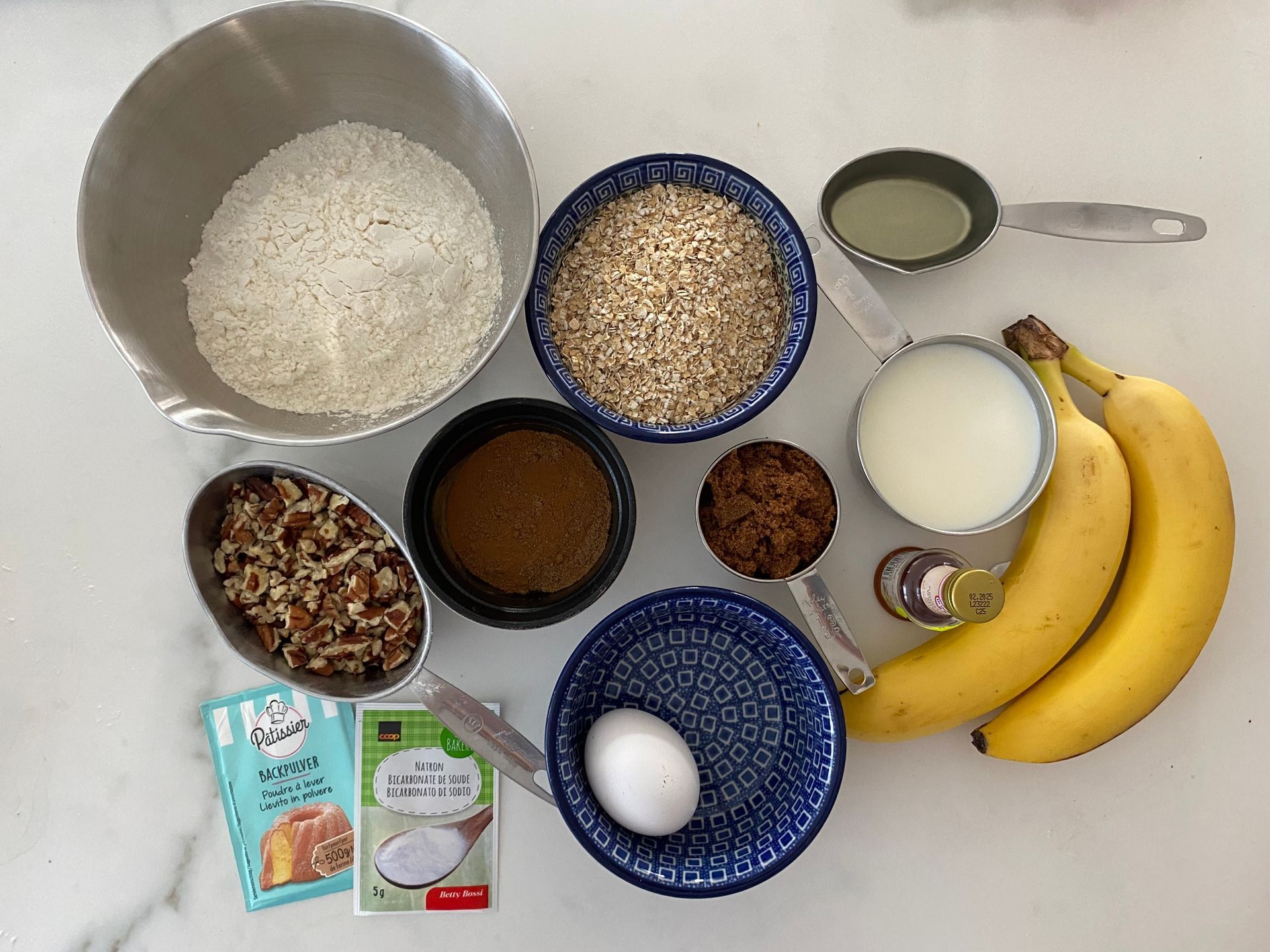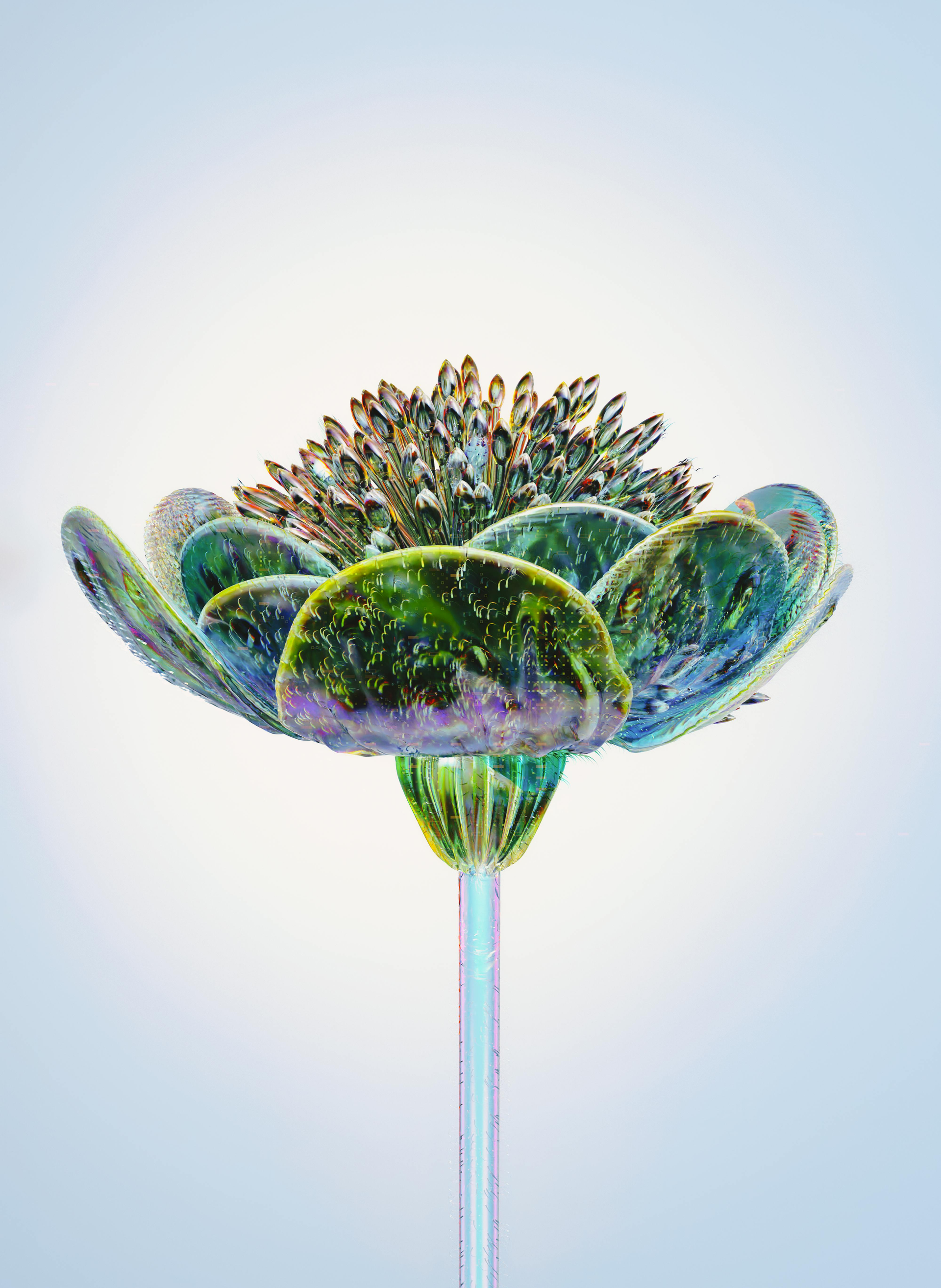Postpartum Recipe: Customizable Banana, Oat and Nut Loaf (or Muffins)
.

Customizable Banana, Oat and Nut Muffins Recipe
I’ve had this recipe for over a decade. Scrawled on an old notebook page, which has long since lost it’s original book. It’s a great breakfast or snack muffin, as it’s not too sweet and is nutrient dense. It's great for supporting lactation as it's easy to eat, is made of uncomplicated ingredients, full of nutrients, energy and oats, which can assist in establishing a milk supply.
I’ve included some customizable options here, and I’ve tried them all myself. I always use cups and spoons for this tried and true North American style recipe, but have included weights if you don’t have cups and spoons but I've never tested it measuring by weight. I have always used Canadian cups, which aren’t exactly the same as American ones. It’s easy to remember, 1 cup= .25 of a Litre/250mL.
You can bake this recipe into muffins or into a load for banana bread and they can be frozen for up to 4 months which makes it a fantastic nesting party recipe, or one to prepare and freeze before baby arrives. I made this this week for a dear friend, who had her baby a few weeks ago, for her meal train. I love including a dessert or a snack when I do a meal train drop off, because it just gives something a little extra for the new family, and they need as much love and support as we can give.
Prep time: 10 minutes
Cook time: Muffins 20 minutes, Bread 35 minutes
Yield: 12 large muffins or 1 loaf
Ingredients:
1 cup (120g) white flour
½ cup (60g) whole wheat or spelt flour
1 cup (100g) oats
½ cup (75g) chopped nut of choice (I prefer pecans)
⅓ (75g) cup brown sugar
1.5 tsp baking powder
1 tsp baking soda
½ tsp salt
1 egg lightly beaten
¾ cup (166 mL) milk of choice
⅓ cup oil (of choice) (83 mL) or melted butter (see notes)
½ tsp of vanilla
1-2tsp of spices (I like 1 tsp of cardamom and cinnamon each)
1 cup (250mL) mashed banana (about 2-3 bananas)
Instructions:
Preheat oven to 190 degrees celsius (no fan)
Mix all the dry ingredients except the nuts in a medium bowl, set aside
Mix all wet ingredients in a large bowl with a hand or electric whisk
Mix the wet and dry together, by hand, with a whisk, then fold in the nuts
Pour into prepared muffin liners (or use nonstick spray on your muffin tin) or a lined loaf pan, whichever you are using.
Cook times can vary by up to 10 minutes, depending on how you customized your muffins. I’ve included the lower end of the baking time as a guideline. Use a cake tester or fork and when it comes out pretty much clean, then they’re ready.
Notes: You can make your own brown sugar by rubbing a teaspoon of molasses (Tafelmelasse in German) in 1/3 of a cup of white sugar.



